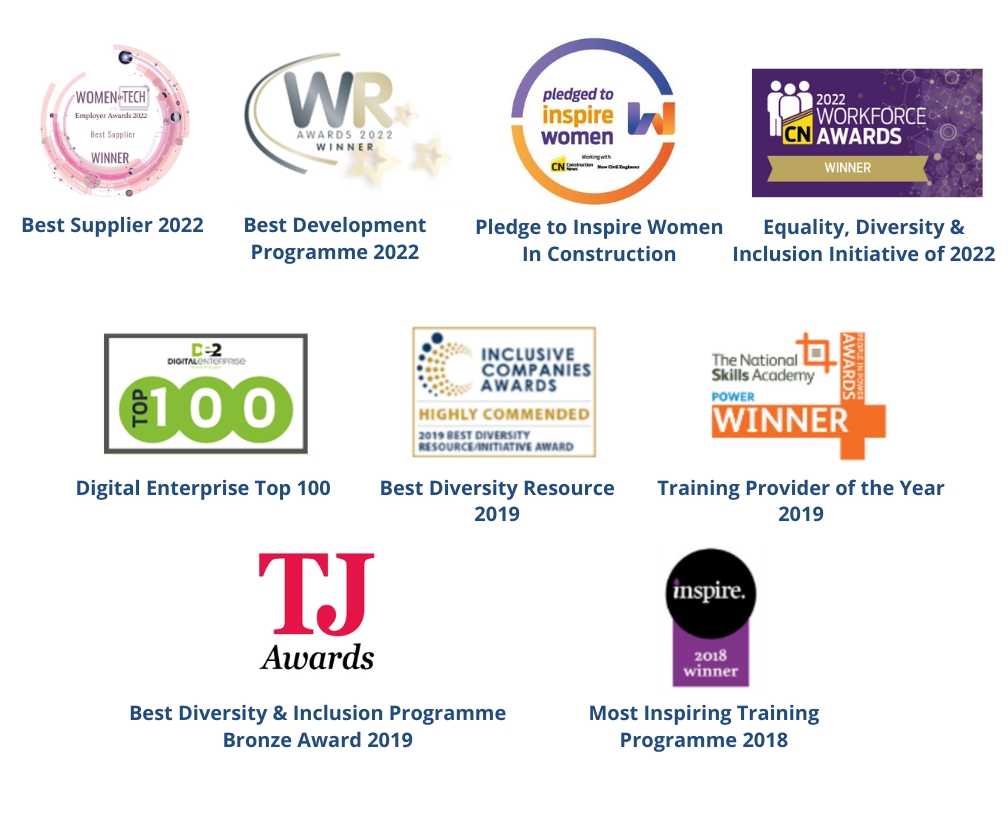Founded by Alexa Bailey & Carol Rosati, ‘Aspire’ will run counterpart to, and operate in conjunction with, the established ‘Inspire’ network of senior board women launched in 2008. ‘Aspire’ offer women invaluable business benefits: from networking events to contact with industry leaders, personal guidance, and even mentoring and new career opportunities https://www.harveynash.com/our-company/equality-diversity
I was delighted to be invited to attend the launch dinner, hosted at Claridges in London, where I joined fellow business men and women in an evening of discussion and networking. The highlights of the night proved to be the keynote speakers:
Sarah Churchman: HR Director, Diversity, PwC
Amanda Mackenzie: Chief Marketing & Communications Officer, Mothercare plc
Douglas Castor: Chairman, Ultra Electronics Holdings plc)
Michael Tobin : CEO, Telecity Group plc
Their differing points of view stirred some rousing debate on topics from unconscious bias to respective gender strengths.
The biggest rumbling from the audience came when Michael Tobin, mounted the assertion that women and men are not equal, different yes, equal no. Offering the example of his own niece, a fire fighter, he stated that if given the choice, he would prefer to be rescued from a burning building by a male fire fighter. If I was trapped in a burning building, I would be very relieved to see a brave fire fighter of either gender; that said his view is perhaps not entirely uncommon.
Men and women differ in many ways: but these differences should be celebrated and not, as is so often the case, squashed beneath the banner of ‘equality’. The definition of ‘equal’ is to be equivalent or identical in size, degree, value or quantity; but as individuals, we cannot help but vary. True equality would leave no scope for individuality. It is this variance, these differences between us, which both define us, and which make diversity such a key issue for successful businesses.
It is crucial to remember that great minds do not always think alike. Our differences need not be barriers between us, they can be our strengths and offer organisations a much needed competitive edge.
Businesses that only recruit from 50% of their talent pool are awarding themselves an unnecessary handicap, which will eventually play to the advantage of their competitors. It’s this simple: if you don’t have any women on your senior management team, get some.
Photo by Christophe Hautier on Unsplash
